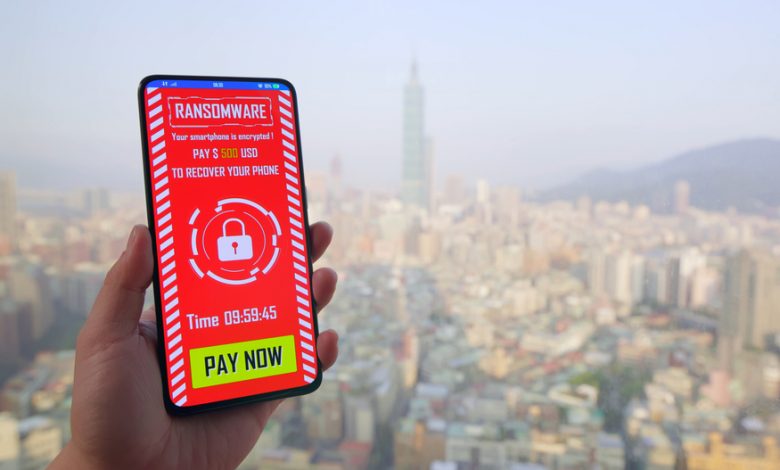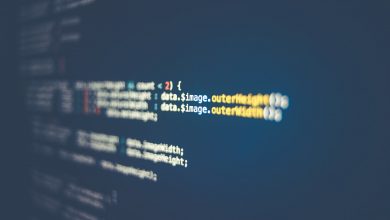
Table of Contents
What is Ransomware?
Ransomware is a form of malware that blocks access to the victim's data (such as documents, photos, or videos) and demands that this demand be paid to provide the key.
How Does Ransomware Spread?
Ransomware spreads by sending spam emails containing an attachment containing the malware or links to an infected website. If downloaded and opened, it will infect the victim's computer with ransomware which locks down their data and sends a message with instructions on how to get your files back — which usually involves paying a ransom that scales depending on what data they want to be unlocked.
How Does Vietnampav Ransomware Work?
Vietnampav is a malware that locks down computers and sends messages to their victims. It creates demands for payment to provide the key for their users. The key is only sent after the victim pays a ransom. If not paid, it will continue to refuse access to any programs that use encryption or other security features until they can be unlocked using another computer that has paid on behalf of its user.
To remove this malware, it is best to use anti-malware software for scanning and removing the virus. The first step would be to download and install an antivirus program. Once installed, it will scan all of your devices on Windows and Mac OS X, automatically pick up any viruses or other malware like Vietnampav Ransomware and remove them all in one go without having to reboot or interrupt your workflow. After you have done so, please create a separate backup folder as a precautionary measure in case anything goes wrong during the process.
How to Protect My Computer From Ransomware
If you want to protect your computer from ransomware, it is best to have a strong and updated antivirus running in the background. This will scan your system for any viruses on Windows and Mac OS X. Install an antivirus program, if not already installed, and then start scanning manually or automatically for any viruses, including ransomware.
You should also install a firewall that can be customized with specific rules to control what types of traffic are allowed in or out. This includes encrypting all communication protocols that go out of your device when connected to the Internet. For example, most browsers use Hypertext Transfer Protocol Secure (HTTPS) as their communication protocol which should be encrypted at all times by default without exceptions when connected to the Internet.
It is also recommended to use a separate computer for online shopping and banking and maintain a backup of all personal data. If you do use virtual machine software, it should not be connected to the Internet. There should also be no physical storage devices connected to the computer, such as USBs or CD drives. It would be best if there is no additional hardware for this computer that does not have an original copy of the operating system installed on it as well. This way, if any ransomware gets on the computer, it has nothing to encrypt and can't hold your data hostage until you pay up a ransom which might not even get your files back in the end.





Leave a Reply
Thank you for your response.
Please verify that you are not a robot.